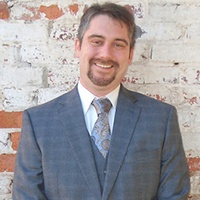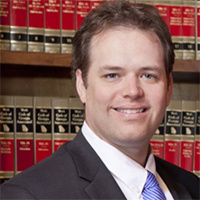Blythe Felony Lawyer, Georgia
Sponsored Law Firm
-
 x
x

Click For More Info:
-
Ronald Baker Attorney at Law
11877 Douglas Rd Suite 102191 Johns Creek, GA 30005» view mapIntellectual Property Law Working Relentlessly For You
Ronald Baker is a practicing lawyer in Georgia who handles cases involving Intellectual Property Law.
800-597-8640
Not enough matches for Blythe Felony lawyer.
Below are all Blythe Criminal lawyers.
Joseph T. Rhodes
✓ VERIFIEDPersonal Injury, Family Law, Federal Appellate Practice, Criminal, Mass Torts
Joseph T. Rhodes was raised in Columbia County, GA and graduated from Lakeside High School and then attended and graduated from the University of Geor... (more)
Richard Hays Goolsby
✓ VERIFIEDDivorce & Family Law, Criminal, Wills & Probate, Accident & Injury
Richard Hays Goolsby, Jr. currently practices law in both Georgia and South Carolina and is a proud member of both bar associations. Richard, Jr. foun... (more)
FREE CONSULTATION
CONTACTJason Pfeil
Government, Criminal, International Other, International
Status: In Good Standing Licensed: 16 Years
Jesse Weatherspoon Owen
Real Estate, Intellectual Property, Family Law, Criminal
Status: In Good Standing Licensed: 32 Years
Dempsey Clay Ward
Dispute Resolution, Criminal, Consumer Rights, Bankruptcy, Bankruptcy & Debt
Status: In Good Standing Licensed: 26 Years
 Ronald Baker Johns Creek, GA
Ronald Baker Johns Creek, GA


